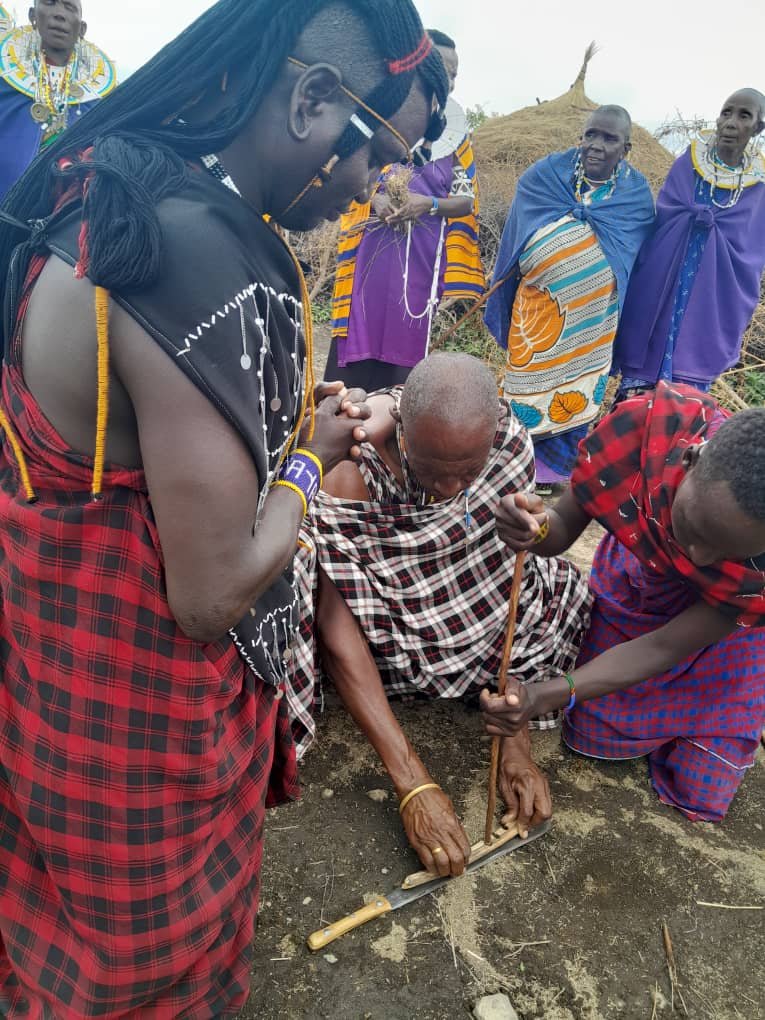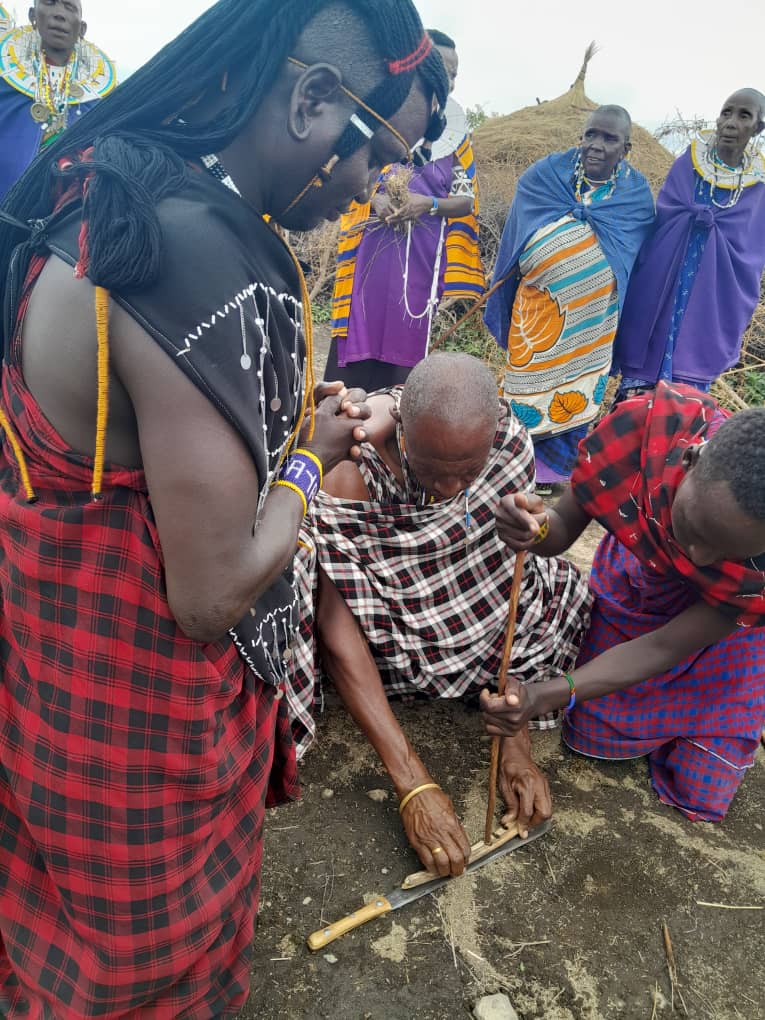Our Activities
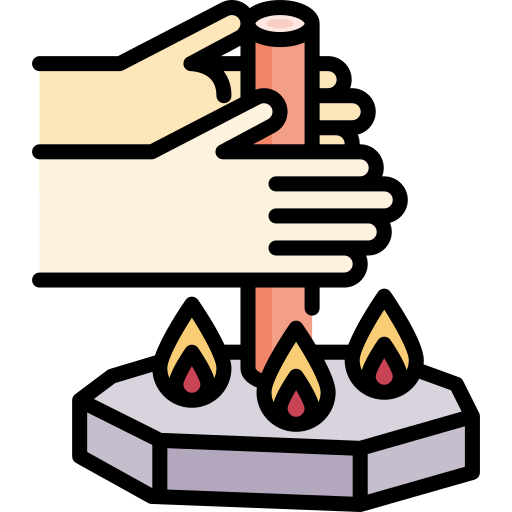
Kindling
Produce a fire by twirling one stick in a hole of another stick. Those sticks are called "Ulindi" and "Ulimbombo".

Shooting Arrows
With dedication and focus, you can develop your skills and enjoy the rewarding experience of archery.

Maasai Bedwork
Beadwork is an integral part of Maasai identity, with intricate designs and vibrant colors being used to adorn their clothing, jewelry, and ceremonial items.
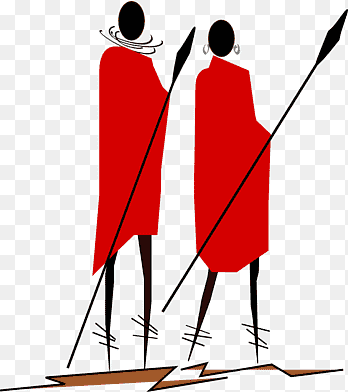
Maasai Songs
Maasai songs are an integral part of Maasai culture, serving various social, cultural, and spiritual purposes within the community, these songs are often performed during significant events and rituals, such as weddings, initiation ceremonies, or community gatherings.
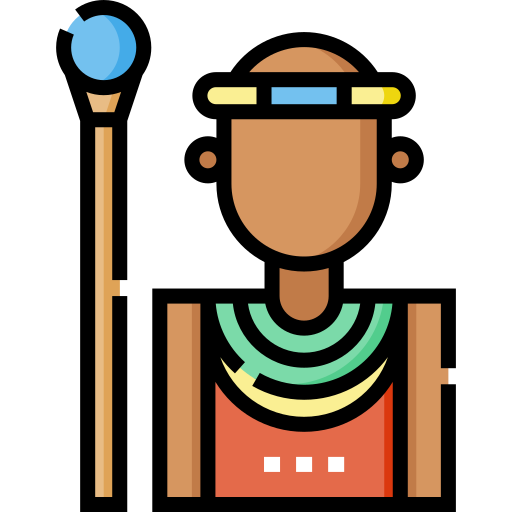
Orupul
Maasai warriors come together to slaughter and eat meat. The act of slaughtering and sharing meat is symbolic, representing strength, unity, and communal bonds among the Maasai people. It's a fascinating aspect of Maasai culture, showcasing their rich traditions and values.

Cattle Breeding
Cattle breeding is at the heart of our culture, serving as a vital source of livelihood and status symbols within the community. Relying on traditional knowledge and practices, the Maasai raise indigenous cattle breeds in a semi-nomadic lifestyle, moving our herds to find water and pasture.


Women-Women Talk
Maasai women traditions encompass a rich tapestry of customs and roles within the community. Women play crucial roles in maintaining the household, raising children, and preserving cultural heritage. From childhood, girls are taught domestic skills, including cooking, cleaning, and crafting traditional beadwork, which holds significant cultural and symbolic value.
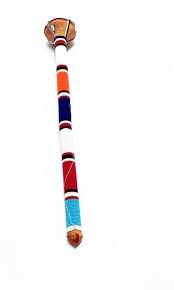
Laigwanani History
Laigwanani is a respected elder, a chief, or a spiritual leader who plays a prominent role in guiding the community and making decisions. This leader often possess deep knowledge of Maasai traditions, customs, and oral history, and they serve as pillars of wisdom and guidance for his people.
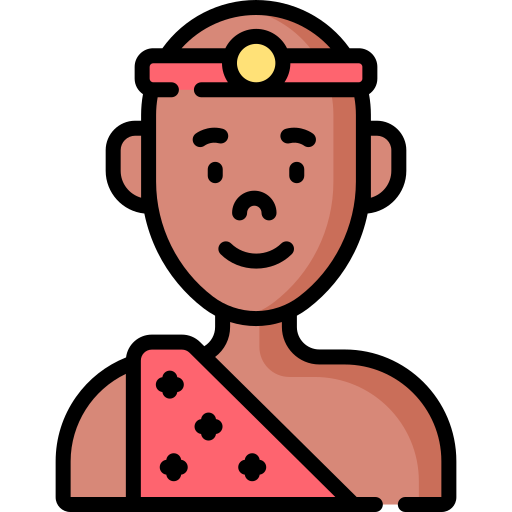

Moran Initiation
The "Moran" initiation is a significant rite of passage among the Maasai community, marking the transition of young boys into adulthood and warriorhood. Typically, Maasai boys undergo this initiation between the ages of 15 and 20, although practices may vary among different communities.
Tour Guides
